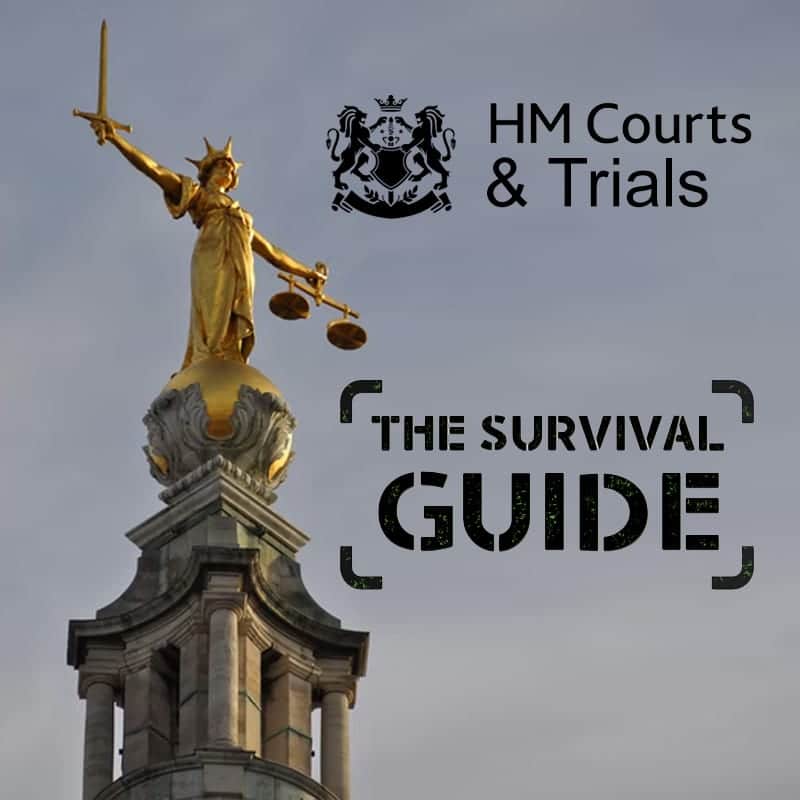What's the Prison Sentence for Serious Injury Offences
When discussing the consequences of committing serious injury offences in the UK, it’s crucial to understand the legal frameworks and the typical prison sentences associated with these grave crimes. This information is not only relevant for legal professionals but also for individuals seeking to understand the potential repercussions of such actions.
Understanding Serious Injury Offences in the UK
Serious injury offences in the UK are typically categorised under grievous bodily harm (GBH), which is governed by the Offences Against the Person Act 1861. These offences are considered extremely serious and include instances where a person has inflicted severe physical harm on another, either intentionally or recklessly.

Factors Influencing the Prison Sentence
The prison sentence for serious injury offences can vary significantly based on several factors:
- Intent: The level of intent can affect the severity of the sentence. Deliberate and premeditated actions leading to serious injury carry heavier penalties.
- Severity of Injury: The nature and severity of the injury inflicted play a critical role in determining the sentence.
- Previous Convictions: The offender’s criminal history, particularly related to violent crimes, is also considered during sentencing.
- Mitigating Circumstances: Factors such as provocation or the mental state of the defendant at the time of the offence can influence the sentence.
Typical Prison Sentences for Serious Injury Offences
For the most severe cases, such as those involving intent to cause serious harm, the prison sentence can be quite substantial. Sentences can range from a minimum of 3 years to a maximum of life imprisonment, particularly when the offence is classified as GBH with intent (Section 18, Offences Against the Person Act 1861).
In less severe cases, where serious injury was caused recklessly (under Section 20 of the same act), the prison sentences are generally lower, but can still be significant, ranging from a few months to several years.
Legal Guidance and Sentencing Guidelines
The Sentencing Council for England and Wales provides detailed guidelines that help ensure consistency in sentencing for serious injury offences. These guidelines consider the culpability of the offender and the harm caused to the victim, offering a structured approach to determining appropriate prison sentences.
Conclusion and Further Resources
Understanding the complexities of sentencing for serious injury offences in the UK requires a nuanced appreciation of legal principles and the justice system’s objectives to both punish and rehabilitate offenders, as well as to protect the public.
For more detailed information about prison sentences for serious injury offences and other aspects of UK law, please visit PrisonGuide.co.uk.





